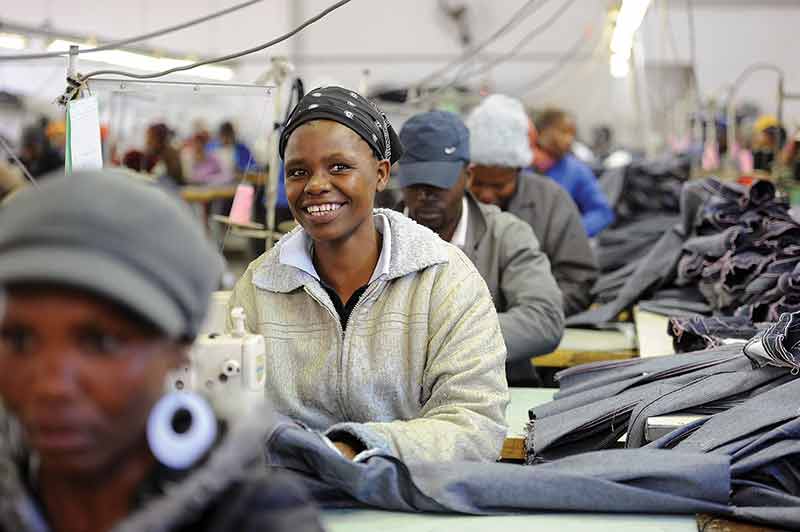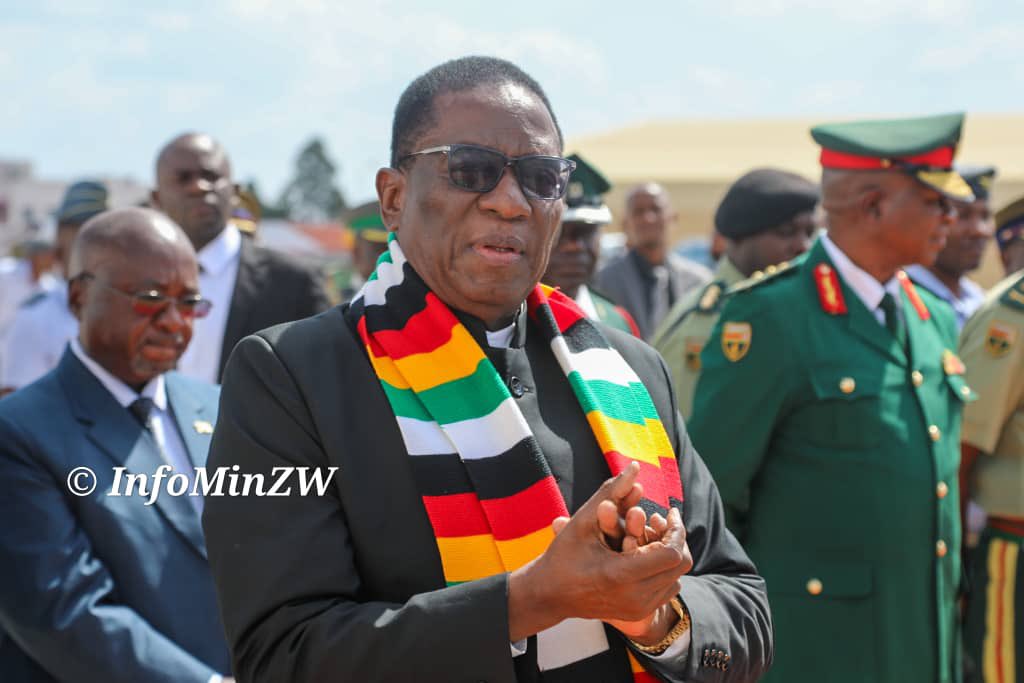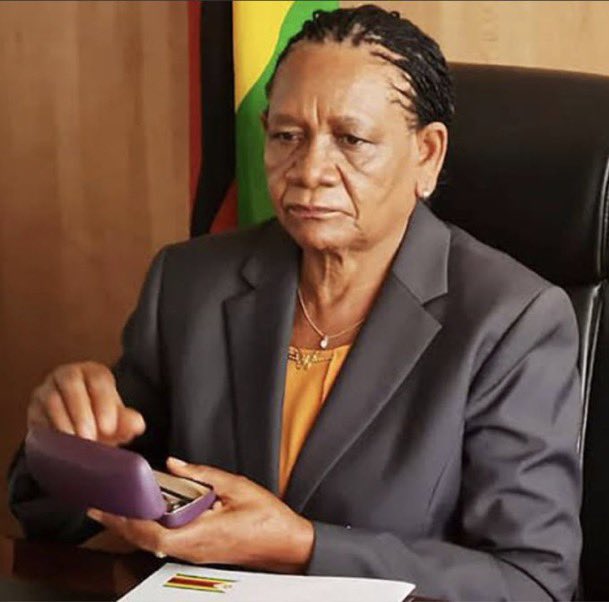CAPE TOWN, South Africa (AP) — African nations that faced some of the steepest reciprocal tariffs from the Trump administration were given a moment of relief Thursday by the suspension of the duties, only for new uncertainties to hang over key businesses sending clothing and textiles, vanilla and fruit to the United States.
Lesotho, Madagascar and South Africa were threatened with some of the highest tariff rates under U.S. President Donald Trump’s plan.
Lesotho, a tiny mountain kingdom, was stunned by the 50% duties that were due to come into effect Wednesday before Trump announced a 90-day pause on the levies. It was the second highest tariff rate after China.
“This will give us the opportunity to negotiate the reduction of tariffs so that the playing field is levelled,” Lesotho Trade and Industry Minister Mokhethi Shelile said in response to the suspension. “It’s a serious issue for us, but we are tackling it head-on.”
Many like Lesotho had already sent trade delegations to Washington or were willing to negotiate, with some of their most important industries and tens of thousands of jobs hinging on the outcome.
Nearly half of Lesotho’s 30,000 clothing and textile workers depend on jobs making apparel for American brands like Levi’s, Nike, Reebok and others, which are exported to the U.S. Clothing and textiles is the biggest private employer in the country of just 2.3 million people.
Lesotho’s most pressing problem is that regional competitors like Kenya and Eswatini had been assigned much lower tariffs for their exports — some as much as 40% lower. Officials warned that the competitive disadvantage would likely shut down more than a dozen Lesotho factories and eliminate more than 12,000 jobs unless they can significantly reduce their 50% tariff rate in negotiations.
“The problem arises when countries like Eswatini receive a 10% tariff while we’re hit with 50%. These are the very countries we compete against,” Shelile said.
Lesotho’s clothing industry had braced itself for the 50% tariffs this week, with some saying it was the sector’s worst time since the COVID-19 pandemic.
“I don’t fully understand what’s happening, but I heard on the radio that our jobs are at risk,” said machine operator Mareitumetse Lesia, who was on a lunch break during a nine-hour shift stitching together Levi’s jeans in one factory. “I hope it’s not true. I know what it’s like to have nothing to eat.”
In Madagascar, which produces 80% of the world’s vanilla, that industry “felt better” as soon as the tariffs suspension was confirmed, said Georges Geeraerts, the president of the Madagascar Vanilla Exporters Group. Madagascar had faced 47% duties on exports to the U.S.
But there were other complications. Exporters were now rushing their vanilla to the U.S. — by far Madagascar’s biggest market — in the hope that it would arrive while tariffs are still suspended. Cargo ships take 70-90 days to reach the U.S. from the Indian Ocean island and exporters didn’t know what duties might be imposed when the product got there given the abrupt changes in policy by the Trump administration.
“All our American customers have been asking us since this morning to load the vanilla onto the cargo ships, so that we can meet the deadlines,” said one exporter, who spoke on condition of anonymity because they weren’t authorized to speak publicly about the orders.
South Africa’s citrus industry said the original 30% tariffs for its country had threatened 35,000 jobs and the economies of entire towns that are geared to exporting oranges and other citrus fruits to the U.S. when they are out of season in North America.
The suspension of the reciprocal tariffs gave South Africa’s biggest agricultural export “breathing space,” said Citrus Growers’ Association of Southern Africa CEO Boisthoko Ntshabele.
But they also faced the new reality that the first citrus fruit of the year going to the U.S. this week from South Africa would be taxed at the 10% across the board tariff the U.S. has kept in place — still a significant blow, though less severe than the 30% duties initially announced.
South African citrus had previously been given tariff-free access to the U.S. under the 25-year-old African Growth and Opportunity Act that benefits dozens of African nations. Many fear that agreement will not be renewed when it expires in September. South African Trade Minister Parks Tau said it would be “very difficult” to keep AGOA given the Trump administration’s stance.
Ntshabele said South Africa’s citrus growers were urging that their product be exempt from tariffs given they worked in tandem with U.S. farmers to provide fruit to American consumers at different times of the year.
“South African citrus growers do not directly threaten the jobs or incomes of citrus growers in places like California, Florida and Texas,” Ntshabele said.















